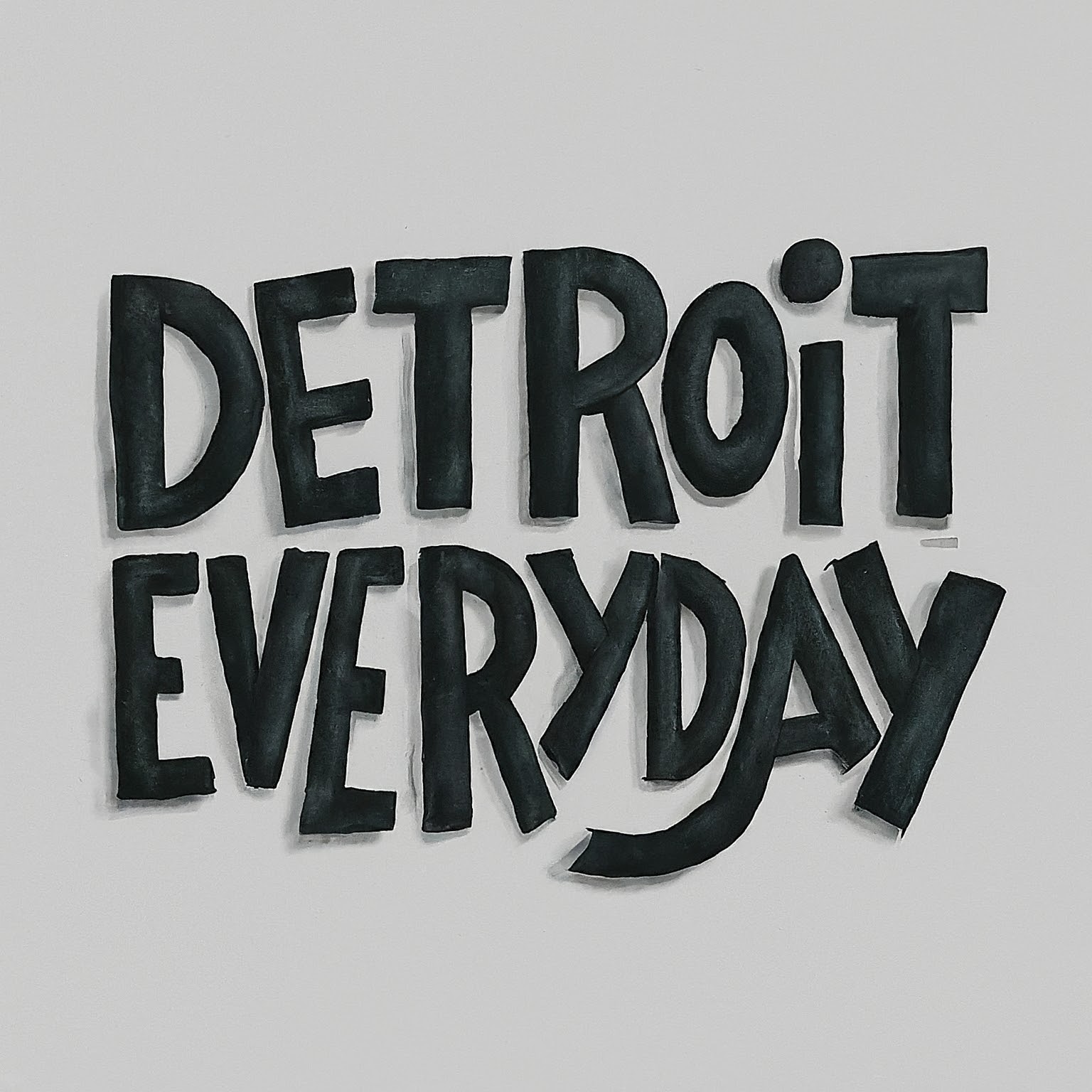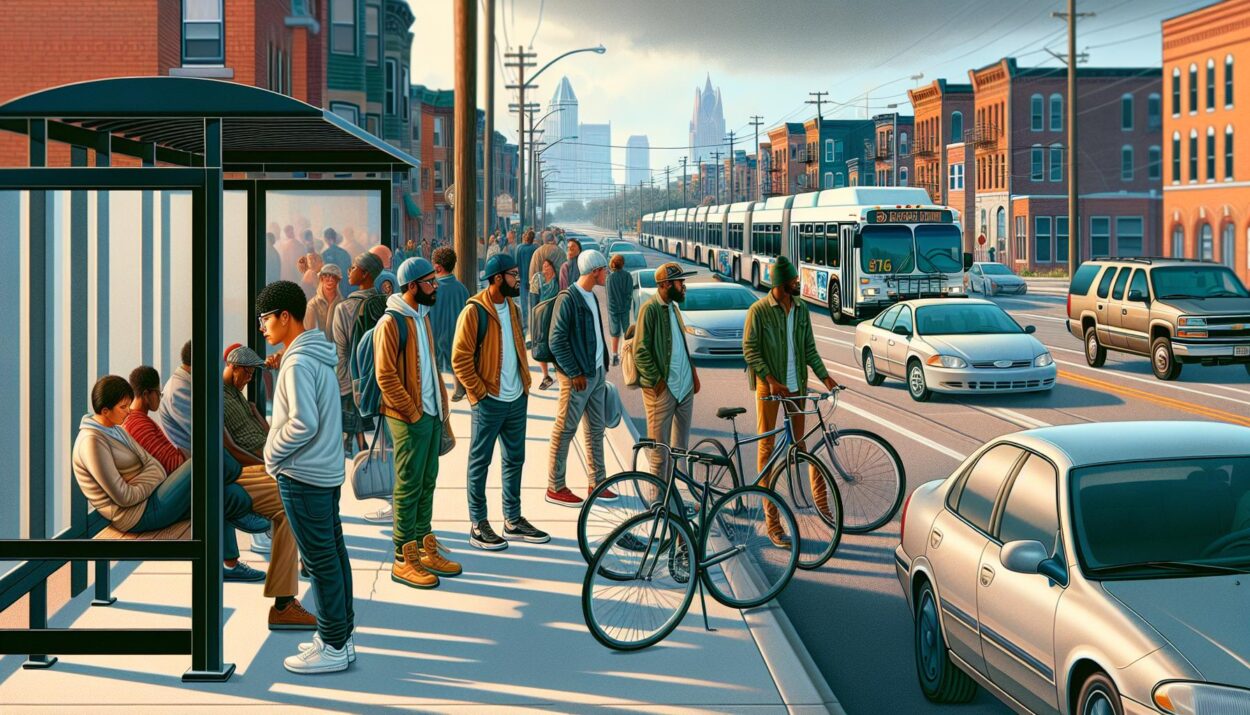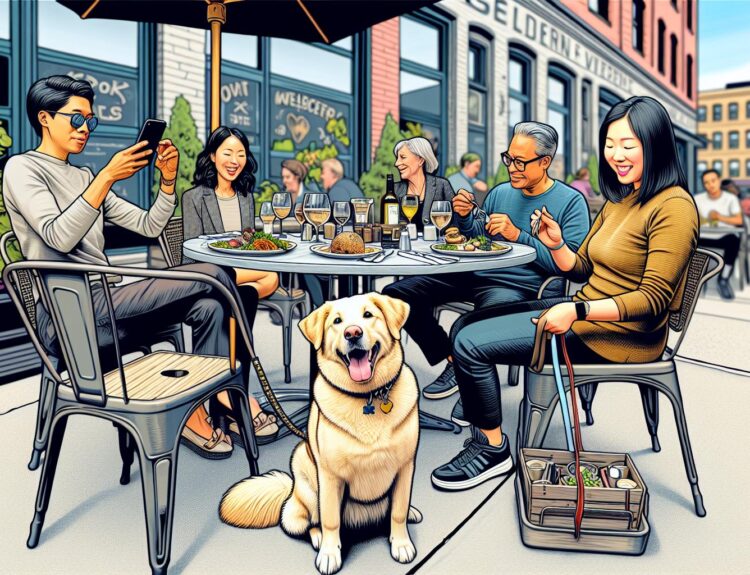I’ve always been fascinated by the vibrant energy of Corktown, Detroit’s oldest neighborhood. With its historic charm and booming development, it’s no wonder people are drawn to this area. But what’s it really like to live here, financially speaking?
Navigating the cost of living in Corktown can be a bit like solving a puzzle. From the quaint houses lining the streets to the trendy restaurants and bars, there’s a lot to consider. I’ve taken a deep dive into what it costs to call this lively place home, and let’s just say, there are a few surprises along the way.
Historical Overview of Corktown Detroit
When I first dipped my toes into the vibrant streets of Corktown, I couldn’t shake off the feeling that every cobblestone, every echoing footstep, held stories from long ago. Established in the early 1830s by Irish immigrants fleeing the Great Famine, Corktown is Detroit’s oldest surviving neighborhood. The name itself, derived from County Cork in Ireland, speaks volumes about the heritage and resilience of its founding families. These settlers laid down the roots of a community that would withstand the tests of time, adapting and evolving, yet never losing its intrinsic charm.
Exploring Corktown, I’ve been fascinated by the melding of the historical with the new. Historic homes, some dating back to the 19th century, stand proudly, their architecture a testament to the neighborhood’s enduring allure. It’s a preservationist’s dream, where Victorian and Queen Anne-style homes offer a glimpse into the rich past of this community. These structures are more than mere buildings; they’re markers of time, narrating the legacy of the people who once walked these streets.
The transformation of Corktown has also piqued my interest. In recent years, we’ve witnessed a remarkable shift as new developments breathe life into long-forgotten spaces. Yet, this growth has been mindful, aiming to blend with the neighborhood’s historic fabric rather than overshadow it. It’s this balance between the old and the new that makes Corktown a unique specimen in Detroit’s urban landscape. Art galleries, boutiques, and eateries have found their homes in renovated buildings, illustrating the thriving spirit of innovation and community.
Why has Corktown captured the hearts of many, myself included? Perhaps it’s the tangible sense of history that envelopes you as you wander through the neighborhood. Or maybe it’s the warmth of the community, where traditional pubs stand side-by-side with modern coffee shops, each with its own story to tell. In Corktown, the past isn’t just remembered; it’s lived, breathed, and celebrated in the everyday.
Housing Costs in Corktown
When I first started looking into living in Corktown, Detroit, I was drawn in by the history and charm that seems to permeate every brick and cobblestone. But as you might guess, the allure of such a unique neighborhood comes with its own price tag, especially when it comes to housing.
Navigating the housing market here, I’ve come across a fascinating mix of options ranging from beautifully preserved historic homes to sleek, modern apartments. But let’s talk numbers because that’s what really paints the picture. Based on my research and conversations with local real estate agents, here’s a quick breakdown of what you might expect to spend on housing in Corktown:
| Type of Housing | Average Price |
|---|---|
| Purchase – Historic Home | $250,000 – $400,000 |
| Purchase – New Construction | $300,000 – $450,000 |
| Rent – Apartment | $1,200 – $2,000/month |
Keep in mind, these numbers can fluctuate based on the market, specific home features, and location within the neighborhood.
Historic homes, while often requiring a bit more TLC, offer that undeniable old-world charm that originally drew me and so many others to Corktown. These homes usually sit on quieter, tree-lined streets and offer a slice of history with each uniquely aged detail. On the other hand, new constructions and modern apartment complexes offer convenience and modern amenities, often situated closer to Michigan Avenue, where the heart of the Corktown’s dining and entertainment scene beats most vibrantly.
Living here, you’re not just paying for a place to stay; you’re investing in a lifestyle. The walkability of the neighborhood, access to green spaces like Roosevelt Park, and the tight-knit community spirit make it so much more than just a housing cost on a spreadsheet. There’s a tangible buzz in the air that speaks to both the lingering history and the ongoing developments that promise an exciting future for this corner of Detroit.
Cost of Dining Out in Corktown
When I decided to venture into the dining scene of Corktown, what struck me first wasn’t just the variety of cuisines but also the range of dining costs available. From cozy cafes to high-end restaurants, Corktown offers a culinary experience for every budget, making it a vibrant spot for food enthusiasts like myself.
One of the highlights of Corktown dining is the sheer accessibility to a variety of foods. You can enjoy a budget-friendly meal for under $15 at many cafes and diners that dot the neighborhood. These places aren’t just about saving a few bucks; they’re about savoring homely meals that reflect the local flavor. Breakfast spots and coffee shops seemed to be my go-to for a quick, inexpensive bite.
On the other end of the spectrum, Corktown also hosts several upscale restaurants where the dining experience is more about the ambiance and gourmet offerings. Here, a dinner for two could easily range between $60 and $100, excluding tips and drinks. These establishments serve up everything from contemporary American fare to exotic cuisines, all prepared with a focus on quality and presentation.
Here’s a basic breakdown of dining costs in Corktown:
| Meal Type | Cost Range |
|---|---|
| Budget-friendly Meals | Under $15 |
| Mid-Range Meals | $20 – $40 |
| Upscale Dining | $60 – $100 (for two) |
It’s worth noting that mid-range restaurants provide a balance, offering meals that sit comfortably in the $20 to $40 range. These spots are perfect for those evenings when I’m looking for something a bit more special than a diner but still within a reasonable price range. They also offer a great way to dive deeper into the creative culinary scene that Corktown is known for.
Beyond the cost of the meals themselves, I’ve come to appreciate the additional value these dining experiences bring to life in Corktown. Whether it’s the organic interaction with local chefs, the chance to taste innovative dishes, or simply the joy of having a delightful meal in a beautifully designed space, dining out here goes beyond just eating. It’s about community, creativity, and connection.
Transportation Expenses in Corktown
When thinking about the cost of living in any neighborhood, transportation is a huge factor. In Corktown, Detroit, the options are as varied as they come, ranging from public transport to biking, and, of course, driving. I’ve spent some time breaking down these costs to give a clearer picture of what residents like me can expect to spend.
Public transportation here is accessible and affordable. The Detroit Department of Transportation (DDOT) and the QLine streetcar serve Corktown, connecting it to downtown Detroit and beyond. A single ride on the DDOT bus costs $2, while monthly passes, which are ideal for regular commuters like myself, are priced at $50. The QLine, on the other hand, offers a different fare structure with a day pass costing $3, a remarkably budget-friendly option for daily commuters and tourists alike.
For those who prefer driving, parking availability and gas prices are crucial. Parking in Corktown can vary widely depending on the location and time of day, but many residents find street parking without too much hassle. Currently, gas prices in Detroit hover around $3.50 per gallon, a figure that’s important for anyone budgeting for regular commutes.
Let’s not forget about the bikers and walkers among us! Corktown is known for being a more walkable and bike-friendly area compared to other Detroit neighborhoods. The Dequindre Cut and the Detroit RiverWalk are popular with cyclists and offer a scenic route for both leisure and commute. The cost here is virtually zero, aside from initial investments in a bike or walking shoes. It’s a fantastic way for me to save money while also staying active.
Here’s a quick breakdown of monthly transportation costs in Corktown:
| Transportation Mode | Monthly Cost |
|---|---|
| DDOT Bus Pass | $50 |
| QLine Day Pass* | $90 (Assuming daily use) |
| Gas (Assuming 1 fill-up per week) | $140 |
| Parking (Varies) | $0 – $100 |
*Note: The QLine day pass calculation assumes daily use for a month.
Conclusion
Living in Corktown has its unique charm and challenges. From what I’ve shared about transportation costs, it’s clear that getting around doesn’t have to break the bank. Whether you’re hopping on public transit, biking through the streets, or driving, there are options to fit every budget. Corktown’s accessibility and the community’s embrace of eco-friendly transportation modes only add to its appeal. So if you’re considering making this neighborhood your home, rest assured, commuting won’t be a hassle. It’s just another part of Corktown’s vibrant lifestyle that I’ve come to love.






